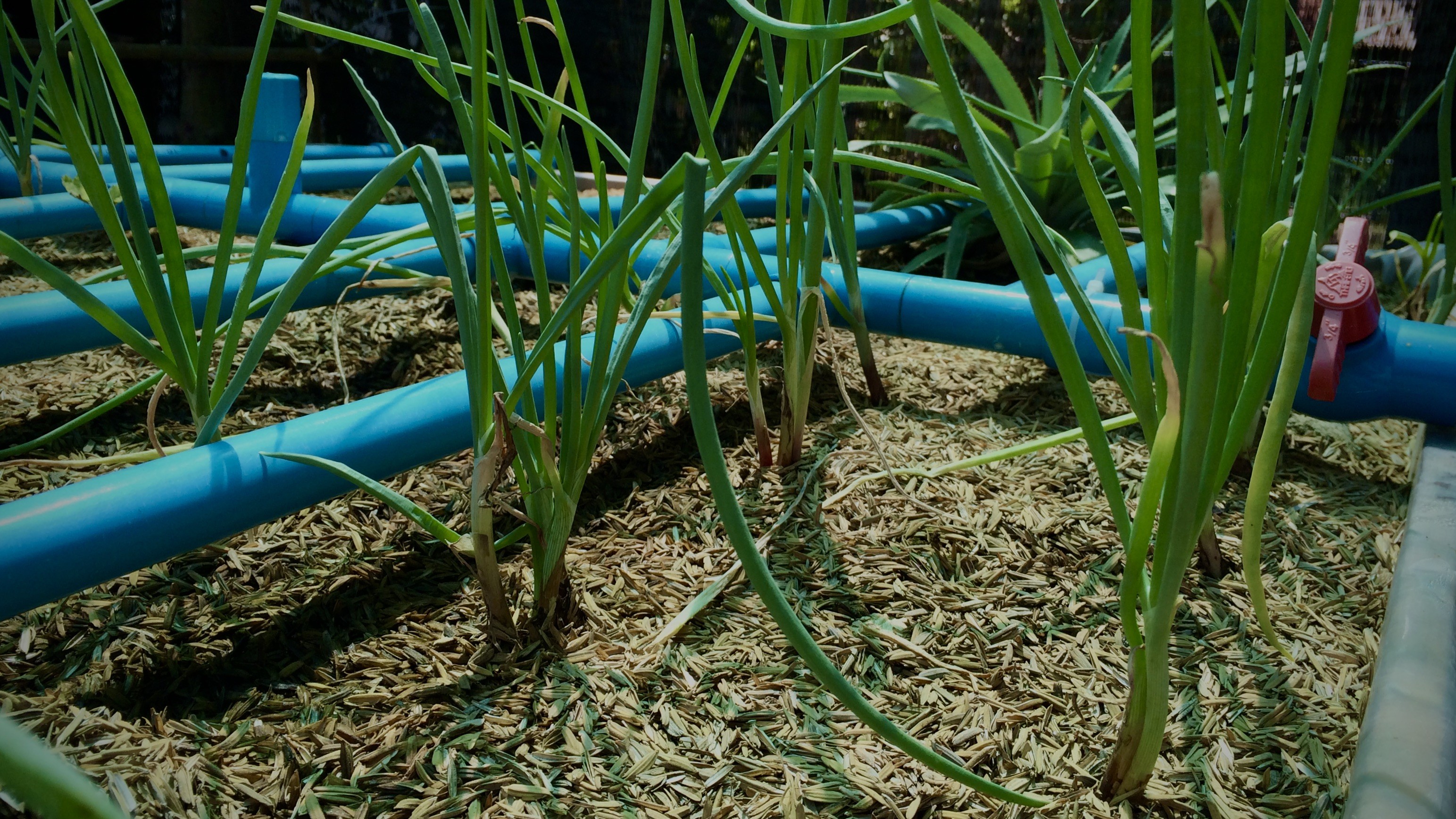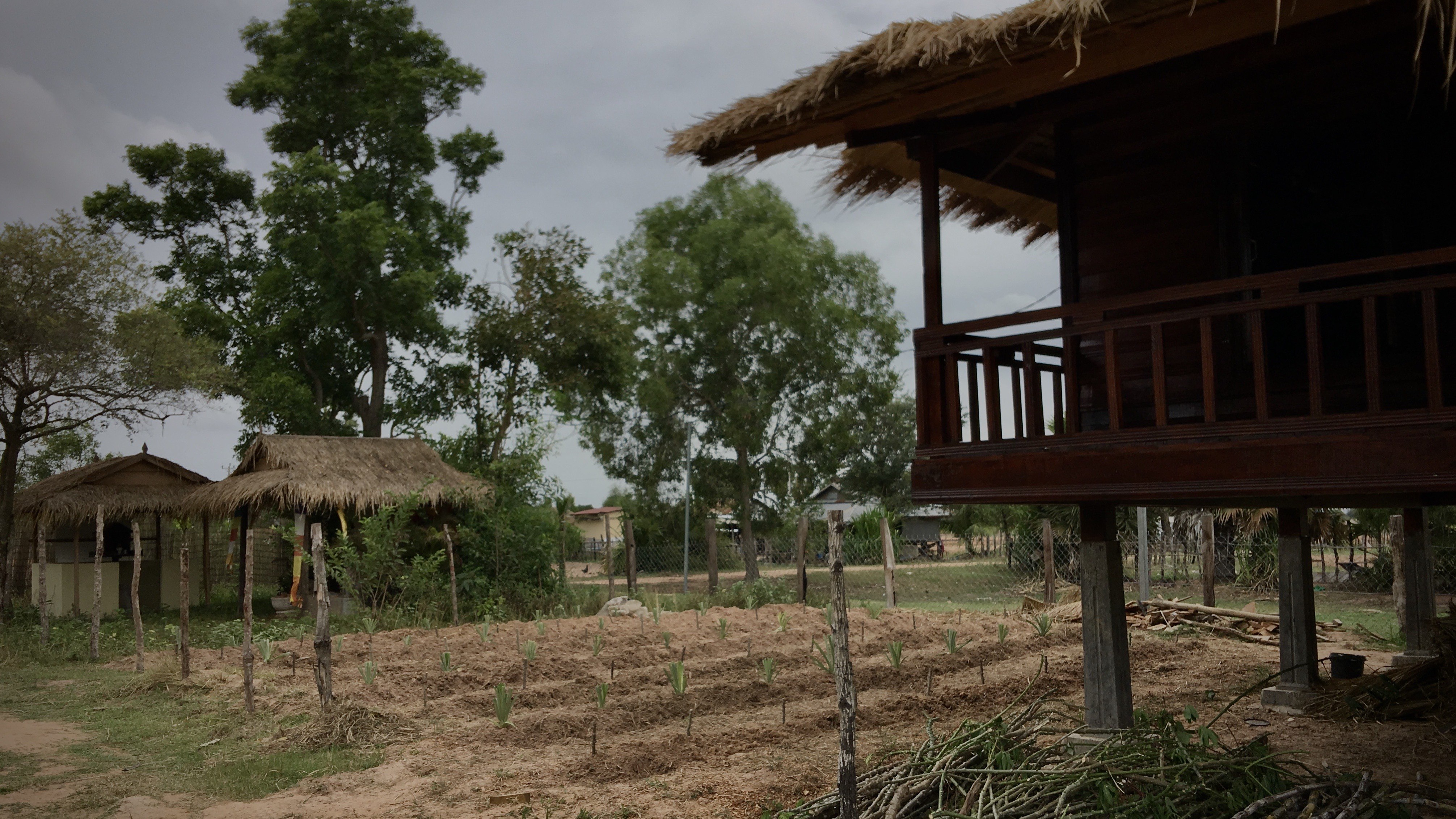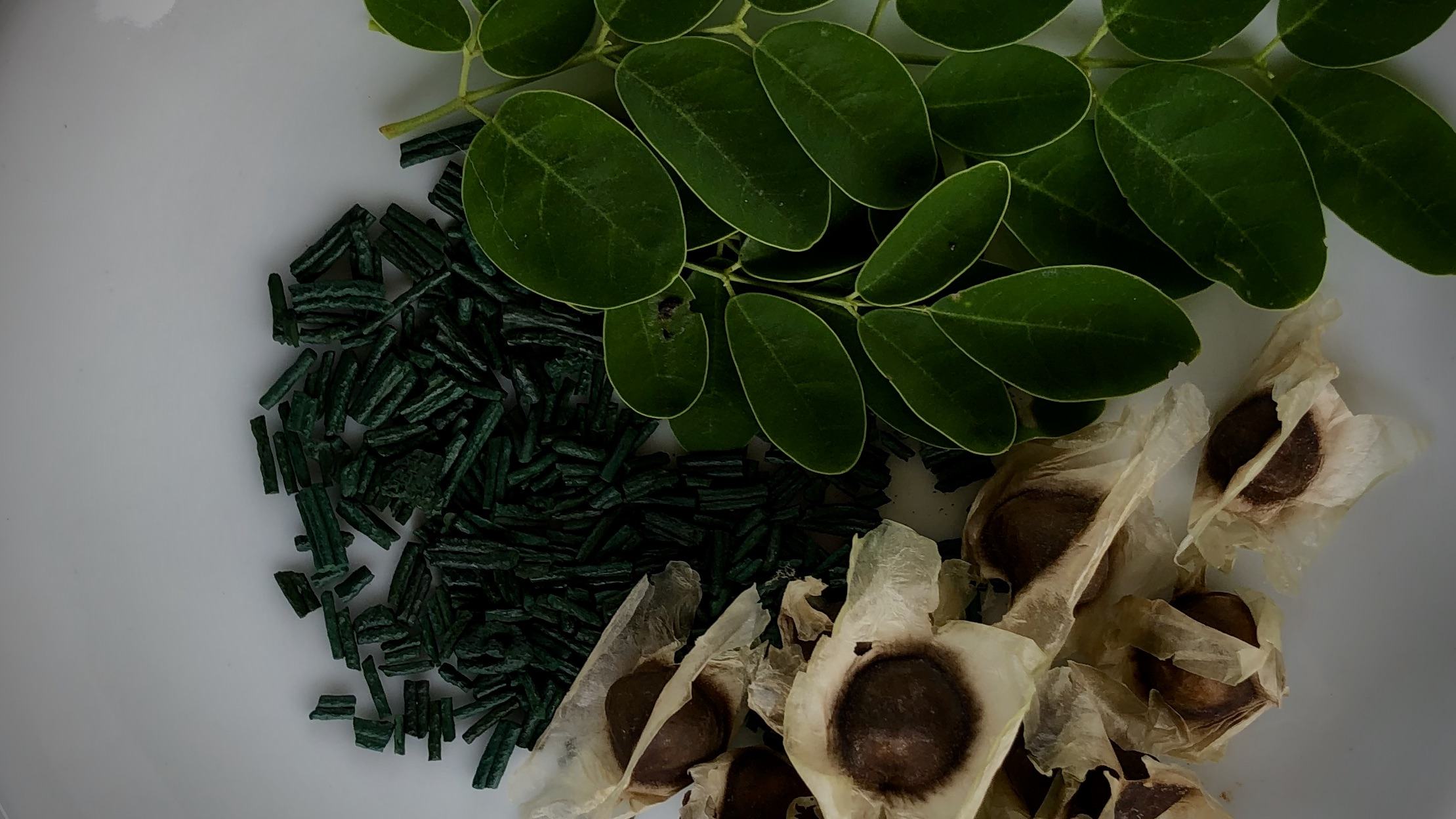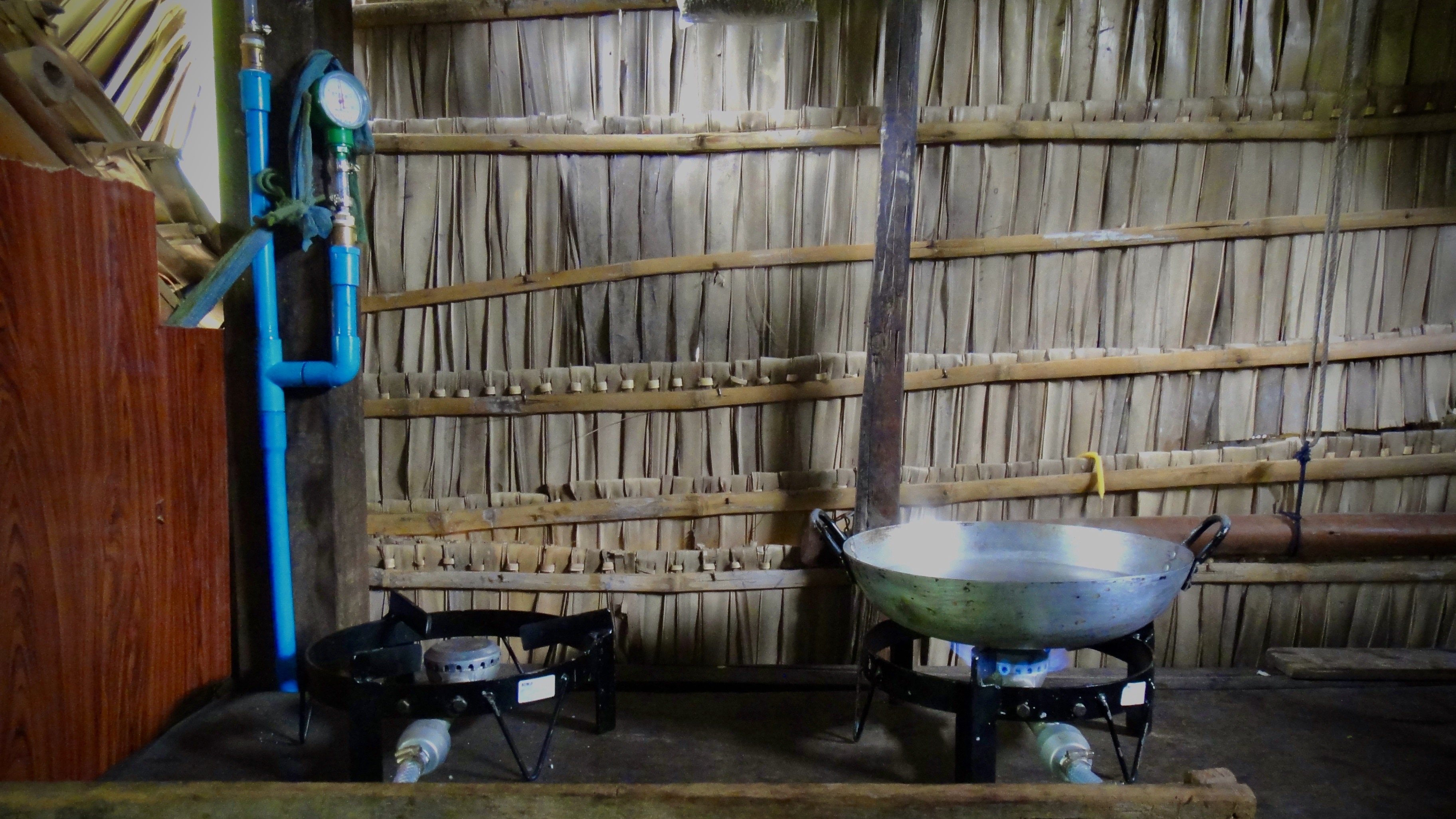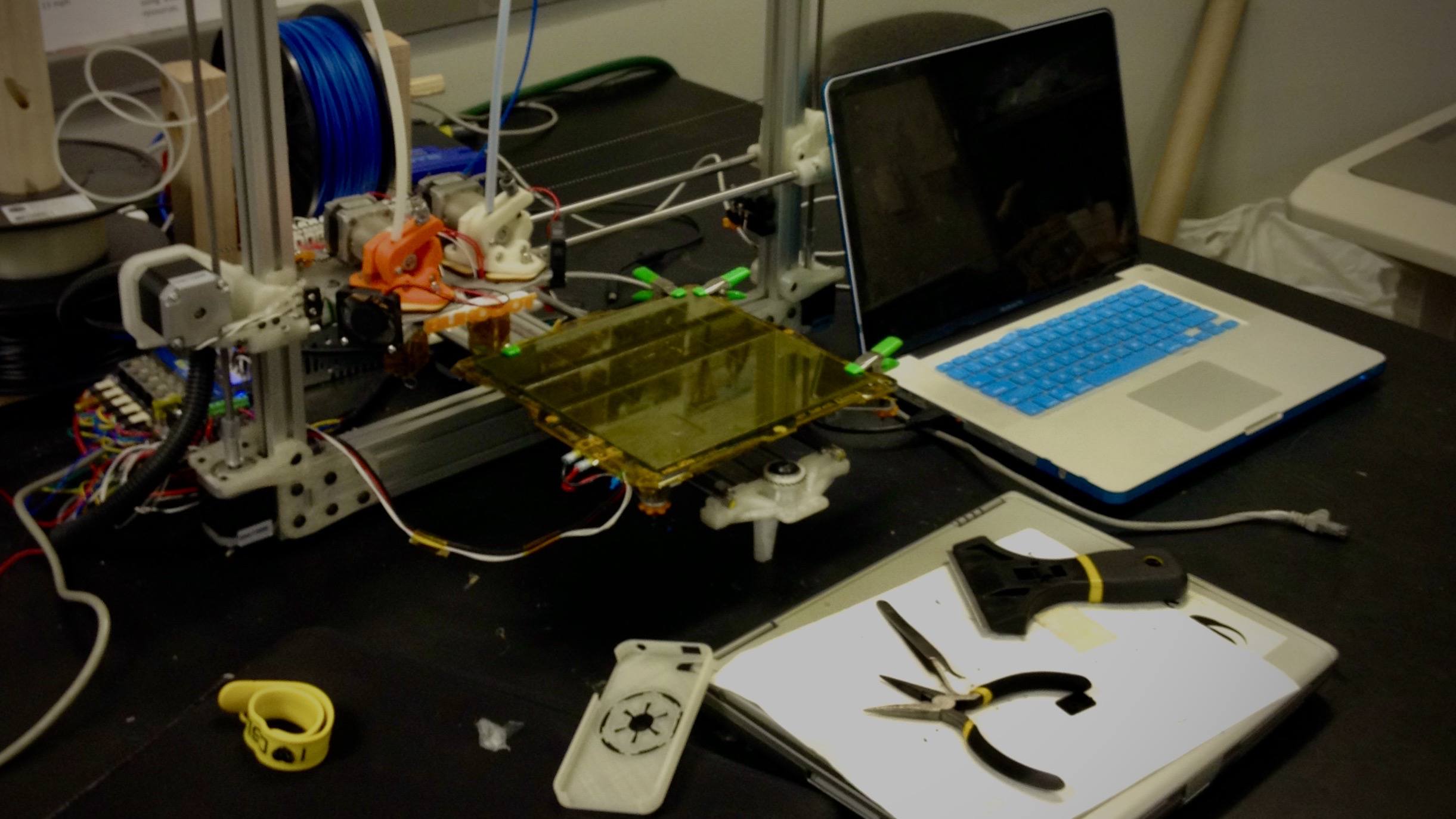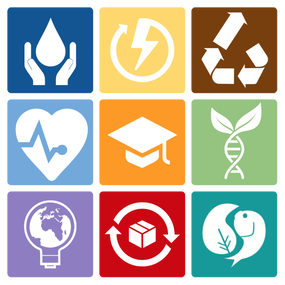What is "actionable" social innovation?
Stanford University’s Center for social innovation defines it as “the process of developing and deploying effective solutions to challenging and often systemic social and environmental issues in support of social progress” (link). Over the past ten years, Community First has engineered such solutions in the fields of water & agriculture, education and the creation and development of local businesses.
But to be the most effective, social innovation must promote and ensure sustainability. With an environmental, social, and environmental bottom-line in mind, Community First develops solutions and technologies based on a value driven-model that involves the communities it intends to serve.
As a result, our work is very much aligned with the United Nations' Sustainable Development Goals and other international development plans like Rotary International's Six Areas of Focus.

